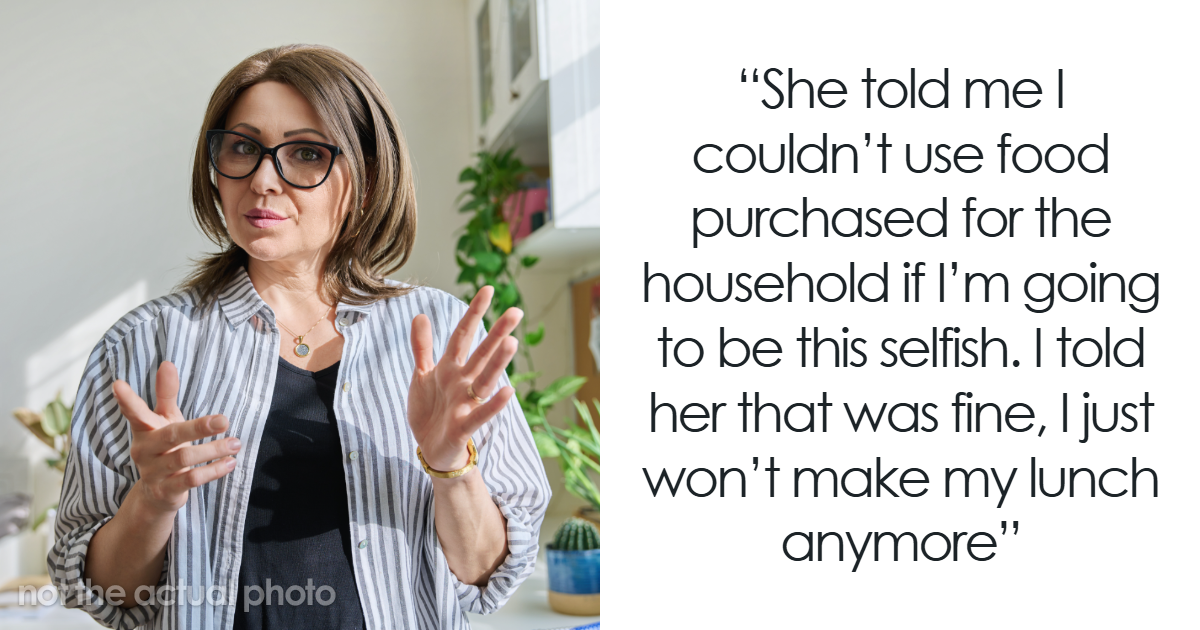Mom’s Shocking Lunch Request Sparks Family Drama: Why One Son Is Suddenly the Outcast at the Table
If that happens, it can have long-lasting consequences for the child, both mental and physical. This can lead to parentification trauma, which can cause feelings of anxiety, depression, and low self-esteem, as a kid may feel responsible to maintain a parent’s well-being without being able to meet their own needs. They might also struggle with boundary setting, have a strong need to please others, be overly responsible, and feel guilty when they don’t meet others’ expectations—all of which can pose challenges when forming healthy relationships in adulthood.
Taking on adult responsibilities might also make them miss out on important developmental milestones, like playing with friends or pursuing hobbies. The constant need to be responsible and please others might make them struggle with chronic stress and anxiety, which can increase the risk of health problems like heart disease and autoimmune disorders.
To help children avoid such harmful consequences, parents should be aware of the line between healthy family contribution and harmful parentification.
“The line is crossed when helping turns into chronic responsibility—and when the child’s own needs consistently come second,” says Brown. “If they’re missing out on social development, educational opportunities, or emotional care because they’re wrapped up in managing the family’s needs, that’s a red flag. Healthy contribution looks like pitching in. Harmful parentification feels like pressure, guilt, or obligation. Kids can help—but they shouldn’t carry the weight of keeping the household running.”












